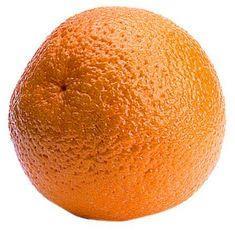
Citrus growers in Spain’s major production area of Valencia are calling on their government to ban imports of South African citrus following the publication of plant health results from 2007 showing the presence of pest and disease.
Valencia growers’ organisation Ava-Asaja claims that from January to November 2007, up to 40 lots of South African citrus were found to be affected by black spot - a dangerous citrus with quarantine status. A similar number of discoveries in November 2003 led to a ban on imports from Argentina and Brazil. But perhaps more worryingly, the association says is the discovery over the summer of seven lots of South African citrus in Valencia packhouses affected by false codling moth. “This is a dangerous moth, which despite not requiring quarantine in the EU was enough for the US to ban citrus imports from South Africa,” said Cristóbal Aguado, president of Ava-Asaja. “While other great citrus powerhouses such as the US, China and Japan establish rigorous protocols for Spanish sendings to protect them against foreign pest, our government, in connivance with that of the EU, remains impassive in the face of such threats. This season South Africa has flooded the European citrus market with sendings that as well as having serious plant-health problems are also prone to compliance only with the minimum acceptable quality standards as the fruit’s shelf life had been extended more than it should in cold store.”
Ava-Asaja says the 2007 discoveries of black spot from South Africa are reminiscent of the 2003 discoveries in Brazilian and Argentinean fruit and so action should be taken.



